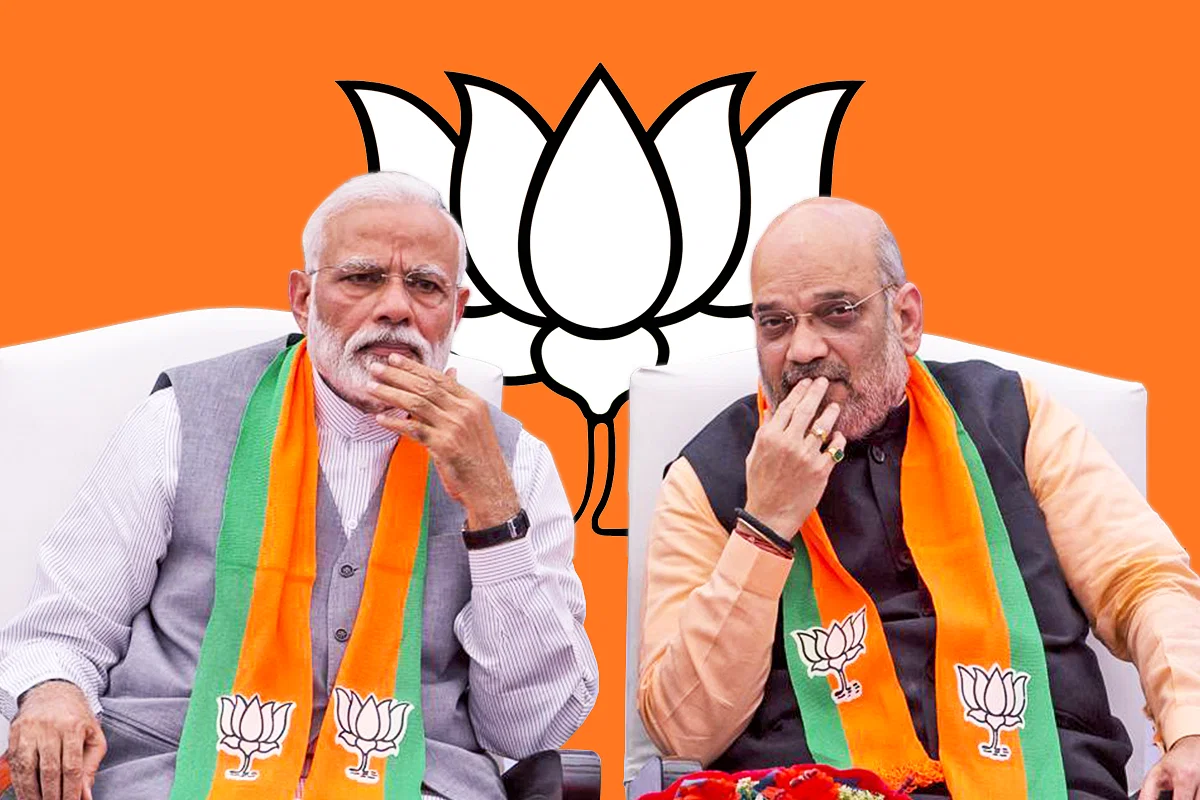What does BJP mean by Hindu Rashtra?
The Bharatiya Janata Party (BJP) is a major political party in India that advocates for the establishment of a “Hindu Rashtra.” But what does this term mean, and how does it align with the party’s political goals and agenda?
In this article, we’ll explore the concept of Hindu Rashtra and its significance in the BJP’s ideology, as well as the potential implications for India’s social and political landscape.
Defining Hindu Rashtra
Hindu Rashtra is a term that can be translated as “Hindu nation” or “Hindu state.” It refers to the vision of India as a nation-state with a Hindu identity, culture, and value system. This vision is based on the belief that India has always been a Hindu civilization, and that the country’s political and social structures should reflect this identity.
For the BJP, Hindu Rashtra is not just a political ideal, but a spiritual and cultural one as well. The party sees Hinduism as the core of Indian culture, and believes that the country can only be truly prosperous and united if it embraces its Hindu identity.
What are the implications of Hindu Rashtra?
While the concept of Hindu Rashtra may seem appealing to some, it has also sparked controversy and concerns about the BJP’s true intentions. Critics argue that the party’s vision is exclusionary and discriminatory, and that it could lead to the marginalization of religious and ethnic minorities in India.
One potential implication of Hindu Rashtra is the redefinition of Indian citizenship. The BJP has already passed the Citizenship Amendment Act, which grants citizenship to non-Muslim refugees from neighboring countries. This move has been criticized as discriminatory against Muslims, who make up a significant minority in India.
Another implication is the potential erosion of India’s secular identity. The country’s constitution enshrines the principle of secularism, which ensures the freedom of religion and equality for all citizens. However, the BJP’s vision of Hindu Rashtra may prioritize the interests of Hindus over other religious groups, which could undermine this principle.
The idea of Hindu Rashtra has been a part of Indian political discourse for several decades, and the BJP’s adoption of this concept has been seen as a key factor in its rise to power. The party’s promotion of Hindu nationalism and its emphasis on a strong, centralized government has resonated with many voters who feel that India has been held back by corruption, inefficiency, and indecisive leadership.
However, the BJP’s vision of Hindu Rashtra has also been criticized for its potential impact on India’s religious minorities. In recent years, there have been several incidents of violence against Muslims and other minority groups, which some have attributed to the party’s aggressive promotion of Hinduism and its perceived intolerance of other faiths.
Moreover, the idea of Hindu Rashtra has also been challenged by some within the Hindu community itself. Many Hindu intellectuals and activists have argued that the BJP’s vision of Hinduism is too narrow and exclusionary, and that it fails to take into account the rich diversity of India’s religious and cultural traditions.
Despite these criticisms, the BJP remains a dominant force in Indian politics, and its vision of Hindu Rashtra continues to shape the country’s political discourse. As India prepares for its next general elections, the question of how to balance the promotion of Hindu identity with the principles of democracy and secularism is likely to remain a contentious issue.
One key aspect of the BJP’s vision for Hindu Rashtra is the promotion of Sanskrit, the ancient language of Hinduism, as a national language. The party has argued that Sanskrit is not only an important part of India’s cultural heritage, but also a key to unlocking scientific and technological knowledge that has been lost over the centuries.
In addition, the BJP has sought to strengthen ties with other countries that have a significant Hindu population, such as Nepal, Sri Lanka, and Mauritius. The party has proposed the creation of a “Hindu circuit” to promote tourism and cultural exchange between these countries, with the ultimate goal of forging a pan-Hindu identity that transcends national boundaries.
At the same time, the BJP’s vision of Hindu Rashtra has also been shaped by its geopolitical aspirations. The party sees India as a rising power on the world stage, and believes that a strong, unified Hindu nation is key to achieving this goal. As such, the BJP has pursued a more assertive foreign policy, particularly towards neighboring countries such as Pakistan and China.
Finally, it’s worth noting that the concept of Hindu Rashtra is not unique to the BJP or to India. Similar ideas have been espoused by other nationalist movements around the world, such as the Zionism in Israel or the concept of a Christian America in the United States. In each case, the goal is to create a nation-state that reflects a particular religious or cultural identity, and to use this identity as a source of strength and unity. However, as with any form of nationalism, there is always the risk of exclusion, intolerance, and conflict, particularly in a country as diverse and complex as India.

